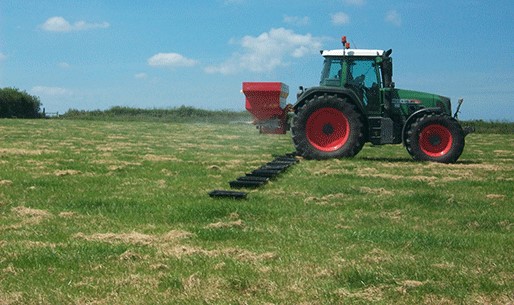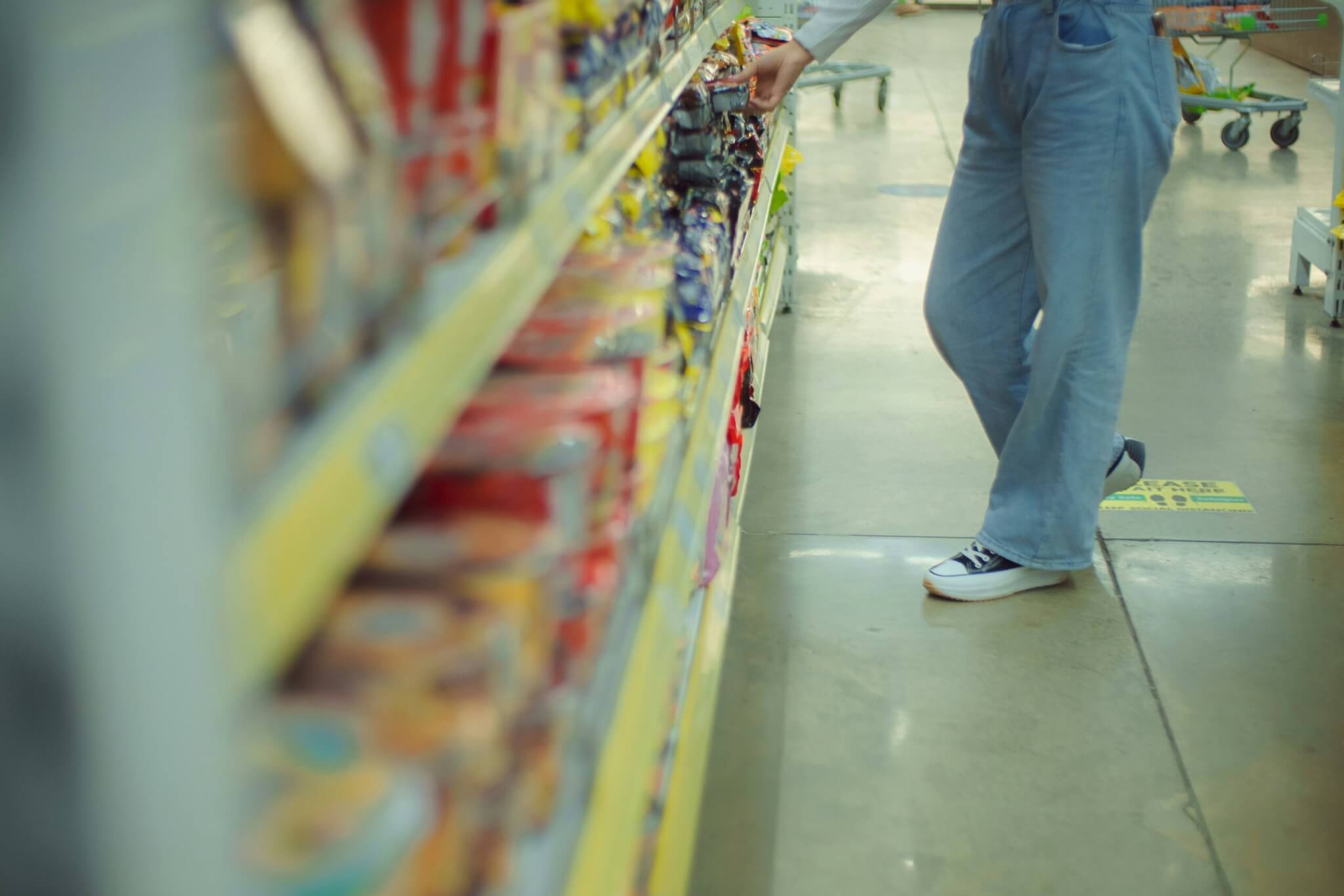Sky-rocketing fertiliser prices due to the Ukraine-Russia war may prompt more British farmers to consider regenerative farming and move away from artificial inputs.
The impact of the war, which has displaced almost two million Ukrainians from their homes, is beginning to be affect food and farming across the world, as Russia and Ukraine are among the largest producers and exporters of wheat, other grains used for animal feed, fuel in the form of oil, as well as fertiliser, where prices have risen by almost 50 cent in the last week.
While in the short-term, the rising price of fertiliser risks higher food prices and lower yields, it could also could boost a growing movement of farmers who are already moving away from nitrogen-based fertiliser for environmental as well as economical reasons, according to some farmers.
The situation for fertiliser and other products affected is changing daily as the violence in Ukraine escalates, but farmers are already considering the changes they will be making to their crops for next year as a result.
Lincolnshire cereal, flower and potato farmer James Lacey said he is “seriously considering” giving regenerative agriculture a go next year. “Fertiliser has trebled in price to almost £1,000 a tonne today. I bought all of mine last year so I’m okay for this year. But it will have a massive impact on our wheat crop and change our whole crop rotation for next year.”
Lacey said he has already been growing cover crops to protect soil and build fertility over the past few years, but the current situation has further highlighted the benefits of using less artificial fertiliser. “Regenerative agriculture isn’t all about the environment, it’s a very good way of cutting costs. You don’t get the same yields but you make some of that back in lower costs,” he said.
“Regenerative farmers definitely have a better work life balance. And I’m not 100 per cent sold on the carbon footprint but the wildlife benefits are massive,” he added.
Fertiliser is a major greenhouse gas emitter, so removing it reduces the overall carbon footprint of farming, as well as building up natural fertility in the soil by using livestock manure and plant diversity.
Scotland-based regenerative farmer Nikki Yoxall said: “I think that alongside the climate crisis [the war] highlights the need for more resilient farming systems with less reliance on external inputs. Regenerative agriculture definitely can offer a path towards resilience.”

Harriet Bell, regenerative farming lead at organic veg box company Riverford, said: “It’s definitely the hope of many that the rise in fertiliser prices will encourage farmers to take up more regenerative farming practices. People have been evidencing for years now that the best way to ensure farm financial viability is to reduce input costs and the current situation slams that home.”
She also warned that moving away from fertiliser is a long-term transition for farmers, and a short-term reaction to supply issues caused by Russia-Ukraine could be detrimental.
“Farms might intensify cropping to meet demand created by the Russian invasion of Ukraine,” said Bell. “I don’t wish to imply that food security isn’t important, because it is, but the merit of moving to regenerative farming is that it’s about looking out for our long-term food security interests in the face of future challenges, particularly resulting from the climate catastrophe.”
Animal feed is another major concern for farmers, both organic and non organic, who rely on grains that are grown in Ukraine or Russia to feed their livestock or poultry. The UK imports around 30 per cent of its organic wheat from Russia and Ukraine, according to analysis from grain supplier Cope Seed and Grain, as well as the majority of its organic corn.
For organic farmers facing rising feed costs, where the cost of raising an organic animal is already higher, the impact is likely to be reduced flock and herd sizes for next year.
Organic grain imports are fractional compared with non organic – Ukraine and Russia exported 56 million tonnes of wheat and 28 millions of corn in the last year. While grains are not usually covered by sanctions, Russia currently controls Ukraine’s ports so exports are unlikely to happen, according to Coop Seed and Grain.
Wheat prices have already hit record highs in response to the tightened supply, the Financial Times reported, and there are fears that the cost of food will rise across the world.













I feel far too privileged in rural Devon to comment on food costs and resultant shortages – the thought of people suffering breaks my heart – but my imagination tells me that this situation could potentially mother much grace in food sharing, plus a deeper interest and much ingenuity in self-sufficiency. Hope perches nearby.
I think optimism is necessary in times like this! A crisis can often make us realise what’s important. Interested to hear how you envision this idea of self-sufficiency and food sharing developing? Do you think it could lead to a relocalisation of our food? Jack
A crisis can often be a catalyst for change and make us reconsider our practices. At the Oxford Real Farming Conference, Caroline Grindrod, a regenerative farming consultant said that a crisis, personal or work-related, is how a lot of farmers start looking into regenerative and organic farming, looking for a better way. It’s a shame that it has to be this way. I wonder if the experience of despair and crisis can be avoided or if it’s a necessary rite of passage?
Also intrigued why Lacey thinks regenerative farmers have a better work-life balance?
The article prompts me to recommend the book English Pastoral by James Rebanks, it’s a must read for anyone wanting to understand the mistakes of the recent past in farming and what practical changes can be made to make farming sustainable in future.